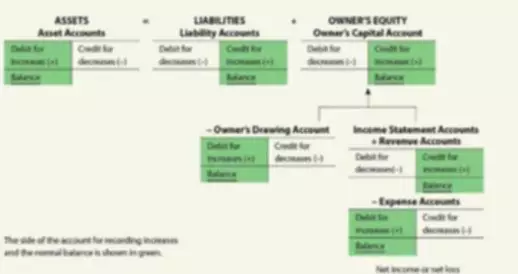What is the meaning of accounting? The fundamental concept of accountancy is the gathering of the financial data of records, analyzing, and classifying the firm’s operations.
A comparison of the current data with the previous year’s activity to find the weak points of the company helps the senior staff in important decision-making, vital for its successful long-term trading.
Below, we show multiple branches of accounting present in today’s world:

In this article, we will look at the two main areas of accountancy in detail: Financial and Management or Managerial.
What is Financial Accounting?
Generally, financial accounting is a way of keeping track of a business’s financial position and producing reports for stakeholders and regulators.
The main goal of financial accounting is consistent communication and inspection by external shareholders and other interested people, like investors.
Internally, it generates reports of past business activities that its shareholders use for further analysis and decision-making. The documents like income and cash flow statements, amongst others, are highly confidential, therefore, not meant for the public domain.
Financial accountants must adhere to the regulations called Generally Accepted Accounting Principles (GAAP) in the procedures of preparing the firm’s statements.
GAAP principles, issued by the Financial Accounting Standards Board, are commonly followed and accepted a set of rules and guidelines generally accepted for national economies within each country. It is an accounting rulebook that organizations follow when providing financial reports to external parties.
What is Management Accounting?
Management (Managerial) accounting has no fixed format, as its principal emphasis is an accumulation of the detailed accounting data for internal operational reporting.
The preeminent objective is to initiate statements’ evaluations such as capital budgeting, investment, and business profitability analysis and prediction. Managers need it to identify patterns of income and expenses, reporting them to the senior management for making specific changes or an immediate problem-solving.
Although financial and management accounting has similarities in terms of tracking the financial affairs of the business and report making, they serve a different purpose.
Financial accounting is substantially aimed at the recording of transactions and reporting of economic data and activities of a business enterprise to external parties.
In contrast, management accounting uses the collected data to aid the company’s management in running day-to-day operations and in planning future operations.

The business must understand the importance of the accurately generated reports of its financial operations at the end of the tax year. In such a way, your business will avoid the risk of putting itself into legal jeopardy.

















